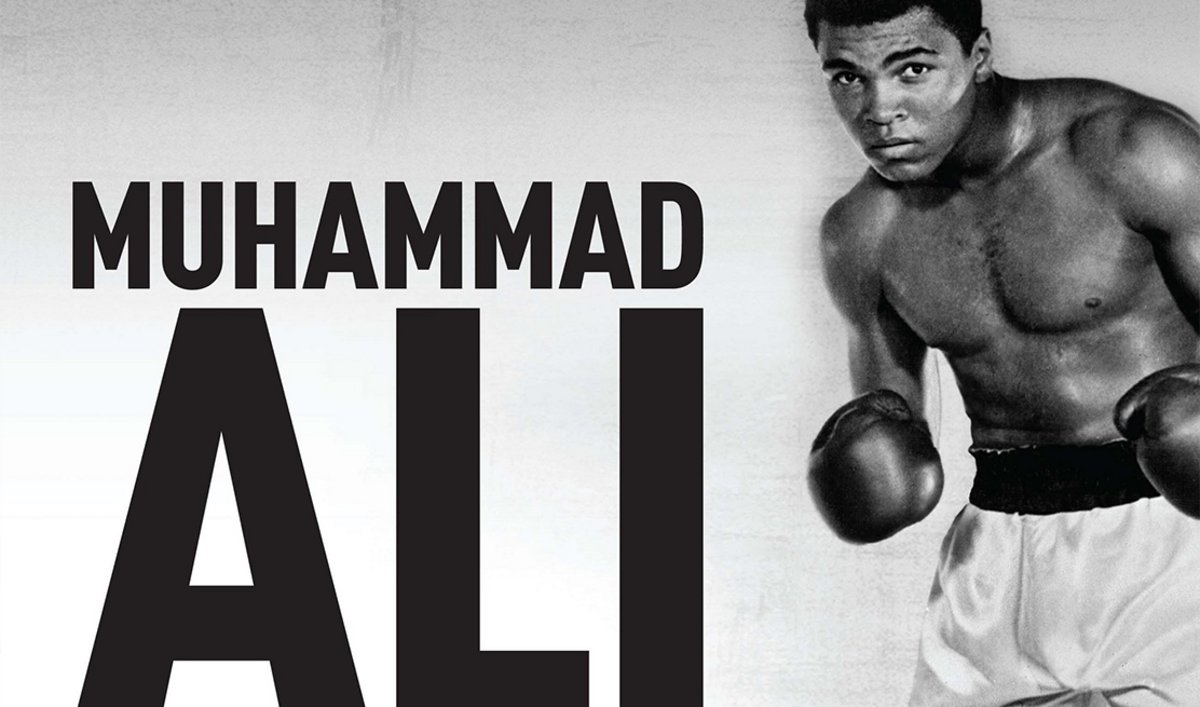
According to rahyafte (the missionaries and converts website): Muhammad Ali, born Cassius Marcellus Clay Jr., entered the world on January 17, 1942, in Louisville, Kentucky, USA. Raised in a segregated and racially tense environment, Ali experienced the harsh realities of racial discrimination and inequality from an early age. Despite these challenges, he displayed remarkable athletic talent and a charismatic personality that would shape his future.
Ali’s journey to Islam began in the early 1960s when he was introduced to the Nation of Islam (NOI), a Black nationalist movement that blended Islamic teachings with calls for social and economic empowerment for African Americans. In 1964, shortly after winning the heavyweight boxing title by defeating Sonny Liston, Cassius Clay publicly announced his conversion to Islam and his new name: Muhammad Ali. He explained that he had discarded his “slave name” in favor of a name that held spiritual and cultural significance.
Ali’s conversion to Islam marked a pivotal moment in his life. He embraced the teachings of Elijah Muhammad, the leader of the Nation of Islam, which emphasized self-reliance, Black pride, and the rejection of white supremacy. Ali’s outspoken advocacy for these principles made him a symbol of Black empowerment and resistance against systemic racism. His defiance extended beyond the boxing ring, where he used his fame and platform to challenge societal norms.

However, in the mid-1960s, Ali’s commitment to his newfound faith clashed with his obligations as a citizen. When drafted into the U.S. military during the Vietnam War, Ali refused to serve, citing his religious beliefs and opposition to the war. He famously stated, “I ain’t got no quarrel with them Viet Cong.” This decision led to his arrest, the stripping of his boxing titles, and a three-year suspension from the sport.
Ali’s resilience and dedication to his principles during this period earned him respect and admiration from around the world, as well as a reevaluation of his boxing accomplishments. In 1971, the U.S. Supreme Court overturned his conviction, recognizing his conscientious objection to the war.
After his return to boxing, Ali reclaimed his titles and continued to achieve remarkable success in the ring. His fights against formidable opponents like Joe Frazier, George Foreman, and Ken Norton are legendary and have solidified his status as one of the greatest boxers of all time.
Ali’s conversion to Islam and his unwavering commitment to his faith played a significant role in shaping his identity and legacy. Beyond boxing, he used his platform to advocate for peace, civil rights, and humanitarian causes. In his later years, Ali embraced a more universal and inclusive understanding of Islam and worked to promote understanding and unity among people of different faiths and backgrounds.
Muhammad Ali’s life journey, from a young boy facing racial injustice to a global icon and advocate for justice and compassion, serves as an enduring source of inspiration and a testament to the power of faith, resilience, and social activism.
Source: rahyafteha